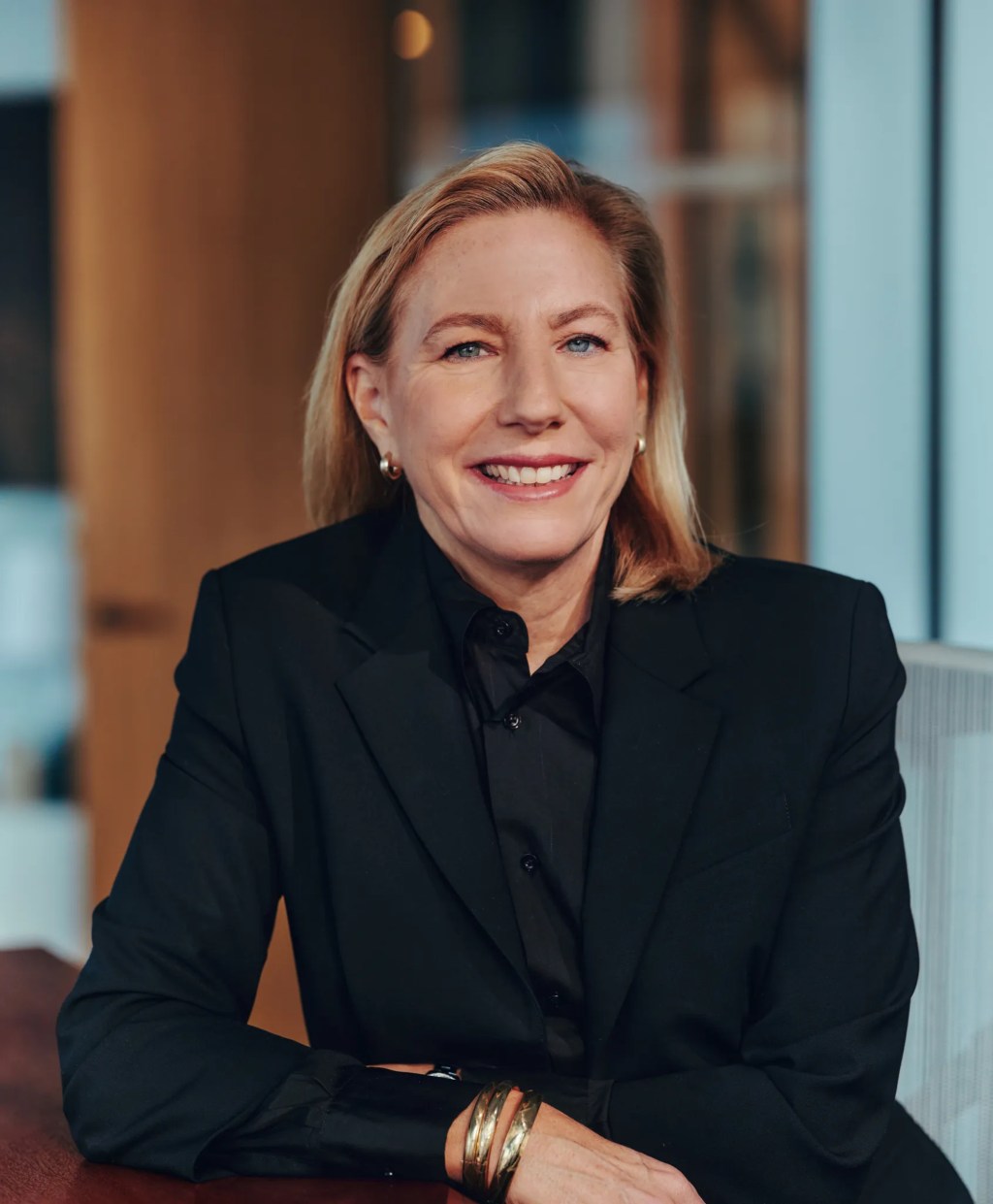Tapestry Inc. took two big steps toward closing on its $8.5 billion acquisition Capri Holdings, with antitrust regulators in both Japan and the European Union signing off on the deal.
That leaves the U.S. Federal Trade Commission as the last antitrust regulator looking at the buyout, which would bring together Tapestry’s Coach, Kate Spade and Stuart Weitzman brands with Capri’s Michael Kors, Versace and Jimmy Choo. It’s the FTC, which made a second request for more information in November, that has made Wall Street antsy.
Investors are still in wait-and-see mode as shares of Capri were roughly flat at $39.30 in morning trading, well below the $57 per share buyout price.
But Joanne Crevoiserat, chief executive officer of Tapestry Inc. and the deal’s architect, projected confidence over the mega buyout in an interview with WWD on Monday.
“We’re super pleased to see the European Commission today unconditionally approved the deal,” Crevoiserat said shortly after the company revealed the approval in a filing with the Securities and Exchange Commission. Japan gave the deal its thumbs up last week.
“This is recognition that this is a transaction that is pro-consumer in a market that is highly dynamic and highly competitive,” Crevoiserat said. “We’re excited that this next step has been taken and looking forward to moving forward with the transaction.
“The FTC is still reviewing it, and we continue to work collaboratively with the FTC in that effort,” she said. “But we continue to be confident because we know that this is a transaction that is pro-consumer.”
That’s a key point because antitrust regulations are designed in part to keep any one company from gaining so much influence over a sector of the market that it could control prices or the consumer experience too much.

Antitrust experts have described Tapestry’s takeover of Capri as a generally straightforward deal and one that on the surface seems likely to be approved. But as the FTC digs deeper into the transaction and the regulatory environment evolves, investors are fretting over just what Washington has under the microscope.
The deal was always set to close this calendar year and Crevoiserat said she knew it would take time to get approvals.
“We expected that the regulatory process particularly would be a long one, just understanding the environment and the landscape that we’re operating in,” the CEO said. “So we do have a pretty wide window, and we haven’t been specific and we haven’t tried to be more specific given the nature of the environment and just how long these reviews take. We had set a calendar 2024 expectation, and we’re still confident that we can complete the deal.”
Since the deal was signed in August, Capri in particular has hit a rough spot. Sales dropped 5.6 percent year-over-year to $1.4 billion during the quarter ended Dec. 30, while adjusted earnings declined to $142 million from $240 million a year earlier.
But Crevoiserat said that just illustrates the transaction’s potential.
“It underscores the opportunity that we have ahead of us,” she said. “What we do know about all three of the Capri brands — Jimmy Choo, Versace, Michael Kors — they all have strong brand equity and arguably opportunities to improve relevance with consumers.”
She said that Tapestry’s brand-building platform and discipline could “bring more relevant product across all three brands to the market for more consumers.”
Despite speculation that Tapestry could sell off, say, Versace to help pay for the deal, that emphasis signals that Tapestry is considering how it could grow all three Capri names.
“We think that there’s a tremendous value unlock and opportunity with all of these brands,” Crevoiserat said.
Now, she just has to close the deal, financing for which has already been secured.



